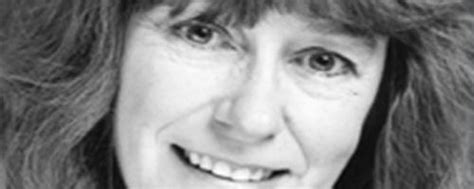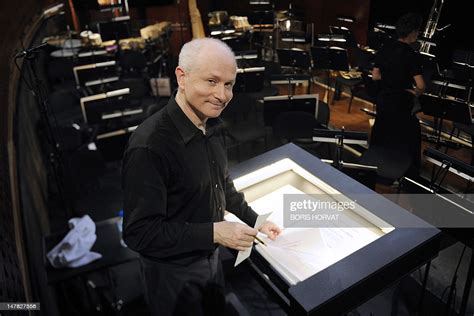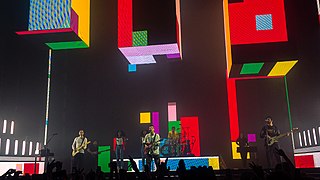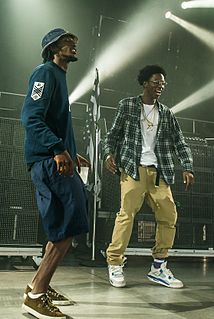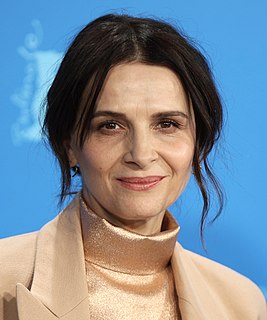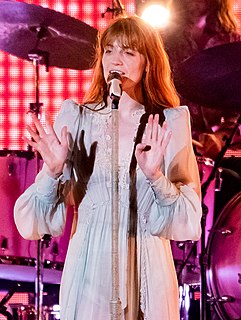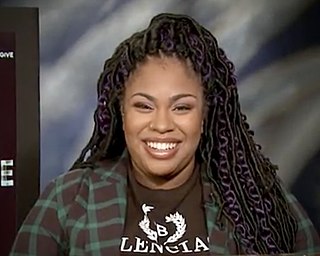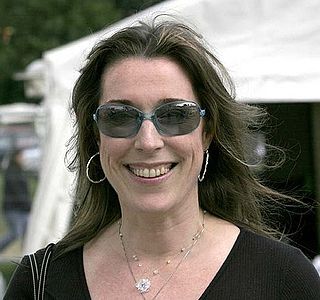A Quote by Nick Earls
I like to jot down ideas on the back of envelopes and to recognise the potential value in small things. I also like the freedom to think without feeling compelled to write too early. Stories are often better if we can hold back and get to know the characters and the sounds of language.
Related Quotes
I wanna get back To the old days When the phone would ring And I knew it was you I wanna talk back And get yelled at Fight for nothing Like we used to Oh kiss me Like you mean it Like you miss me Cuz I know you do I wanna get back, get back I wanna get back, get back I wanna get back, get back Get Back
Long fiction is wonderful and you can lose yourself in it as a reader and as a writer, but short stories don't allow the same kind of immersion. Often the best stories hold you back and make you witness them. This may be one of the reasons some people reject the form. That and the fact that they are harder work to read. A story will not let you get comfortable and settle in. It is like a stool that is so small that you must always be aware of sitting.
You know, there are two good things in life, freedom of thought and freedom of action. In France you get freedom of action: you can do what you like and nobody bothers, but you must think like everybody else. In Germany you must do what everybody else does, but you may think as you choose. They're both very good things. I personally prefer freedom of thought. But in England you get neither: you're ground down by convention. You can't think as you like and you can't act as you like. That's because it's a democratic nation. I expect America's worse.
It's not only that I want to get things right when I'm composing but that my imagination often gets lost, and then I have to wait until I come back to the path. I think there's an internal force that makes a piece logical from beginning to end; I like to tell stories in music that are unexpected but also logical.
Probably also due to the political situation getting just worse and more extreme, but also this distance and this sadness of this feeling that I gave up - that I surrendered, that I felt that I lost my small war. So the whole column is different than the columns that I used to write back home, back in Jerusalem.
I need relationships, but sometimes when I am in one I feel claustrophobic. It is about feeling that I still have my freedom, that I have choices. I don't look back on the past because I like to live in the present. I know this makes some people think I probably never cared, but I need my freedom and I like to keep moving.
To me a translator is very, very important. If the fixer is also the translator, so much the better. I have known photographers who didn't speak the language and would work in a place for weeks without one, getting by on common sense and smiles. But how many situations did they miss because they couldn't talk to someone and get the back story on details, small daily life things, etc.
It's like I'll sit down and put my hands on the piano or the guitar, and then I'll hear a sound or I'll feel a chord that will resonate and then I'll get something happening in my voice. My voice is like a car that I get into and drive but I don't know where I'm going. And I record everything. And often, I sort of get into a state, a creative state that is, where I'm just feeling around melodically, and playing things off the top of my head. Then I go back and listen to it and for the first time, hear what I just did. It's like Elvis has left the building while the thing is happening.
Early on, I had to structure my ideas of success around things like, 'Can I go back and listen to the record months or years after I made it and still get some enjoyment out of it?' Or 'Have I said what I wanted to say on this album? Did it connect with people on a personal level, even if it's a small number of people?'




